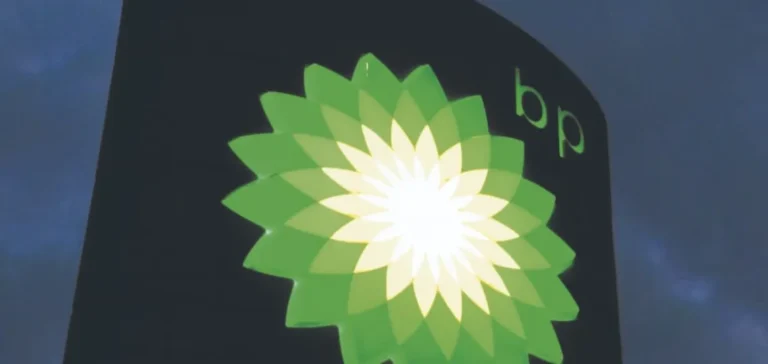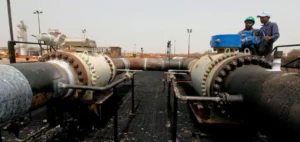BP reported a net profit attributable to shareholders of $1.63 bn in the second quarter 2025, compared to a loss of $129 mn a year earlier. Underlying replacement cost (RC) profit reached $2.4 bn, an increase over the previous quarter. Operating cash flow stood at $6.3 bn, significantly higher than the $2.8 bn recorded in the first quarter, supported by stronger operational results and reduced working capital requirements.
Robust margins and increased reliability
The company highlighted refinery availability at 96.4% and plant reliability at 96.8%. This performance was underpinned by high refining margins and progress in oil trading, despite increased maintenance activity in the refineries. The “Customers & Products” segment posted a sharp rise in results, supported by seasonal volumes and solid fuel margins, while the “Gas & Low Carbon Energy” business saw improved results year-on-year, bolstered by ten exploration discoveries and five major projects brought onstream since the beginning of the year.
However, the adjusted profit remains almost 15% lower than the previous year, reflecting a market environment marked by lower oil and gas prices. Net profit also includes exceptional items, such as a net adjustment charge of $317 mn and losses related to inventory valuation.
Restructuring and financial discipline
BP continues its structural cost reduction programme, reaching $0.9 bn in the first half and $1.7 bn since 2023. Completed or announced divestments, including the sale of the integrated mobility business in the Netherlands and the onshore wind portfolio in the United States, have generated around $3 bn in proceeds since the start of the year. The group’s net debt stood at $26.0 bn at the end of the quarter, down compared to the previous quarter.
At the same time, the company has declared a dividend of 8.32 cents per share, up 4%, and announced a new $750 mn share buyback programme. Chief Executive Officer Murray Auchincloss emphasised investment discipline and the aim to increase returns for shareholders, while maintaining a net debt target between $14 bn and $18 bn by the end of 2027.
Portfolio optimisation and outlook
The agreement to divest several assets, the completion of the joint venture with JERA Nex bp and the announcement of ten new discoveries in 2025 illustrate the ongoing portfolio rebalancing. Investments are expected to total around $14.5 bn in 2025, in line with the financial framework set for subsequent years.
The increase in dividend and the share buyback programme reflect BP’s confidence in its ability to generate strong cash flow despite market volatility. According to management, these measures address the need to enhance value for shareholders and strengthen the group’s financial resilience.






















